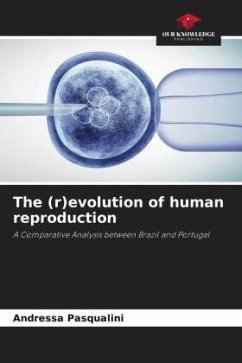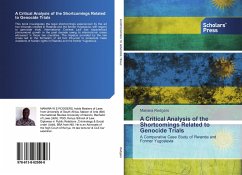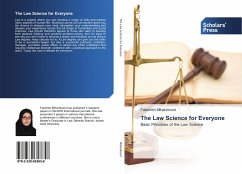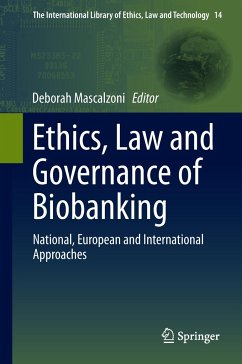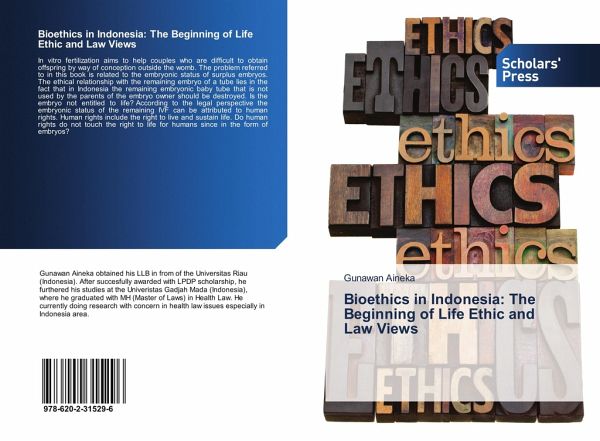
Bioethics in Indonesia: The Beginning of Life Ethic and Law Views
Versandkostenfrei!
Versandfertig in 6-10 Tagen
30,99 €
inkl. MwSt.

PAYBACK Punkte
15 °P sammeln!
In vitro fertilization aims to help couples who are difficult to obtain offspring by way of conception outside the womb. The problem referred to in this book is related to the embryonic status of surplus embryos. The ethical relationship with the remaining embryo of a tube lies in the fact that in Indonesia the remaining embryonic baby tube that is not used by the parents of the embryo owner should be destroyed. Is the embryo not entitled to life? According to the legal perspective the embryonic status of the remaining IVF can be attributed to human rights. Human rights include the right to li...
In vitro fertilization aims to help couples who are difficult to obtain offspring by way of conception outside the womb. The problem referred to in this book is related to the embryonic status of surplus embryos. The ethical relationship with the remaining embryo of a tube lies in the fact that in Indonesia the remaining embryonic baby tube that is not used by the parents of the embryo owner should be destroyed. Is the embryo not entitled to life? According to the legal perspective the embryonic status of the remaining IVF can be attributed to human rights. Human rights include the right to live and sustain life. Do human rights do not touch the right to life for humans since in the form of embryos?



